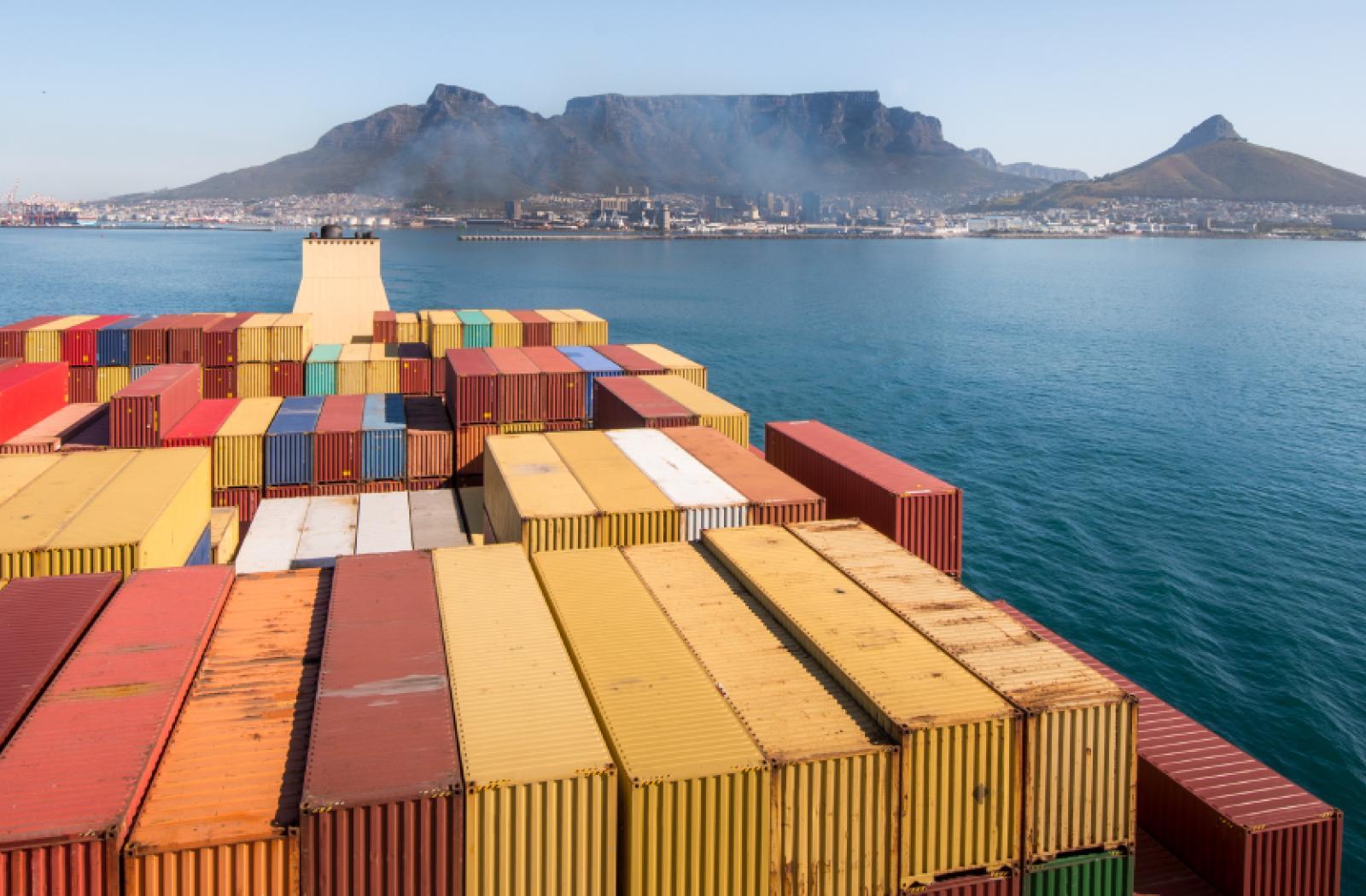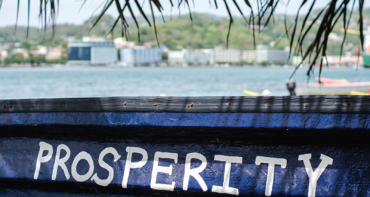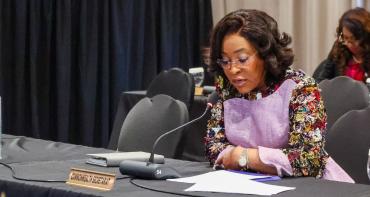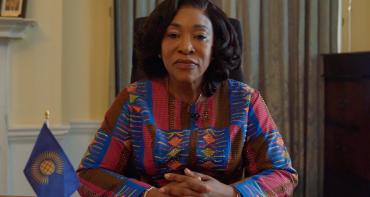Op-ed by the Commonwealth Secretary-General, the Rt Hon Patricia Scotland QC

Commonwealth member countries, including Caribbean states, benefit from a real trade advantage. Trade costs between Commonwealth countries are, on average, more than 20 percent lower than with non-Commonwealth countries. And on the investment side, this advantage has almost tripled since 2015, to around 27 percent, on average.
The Commonwealth Advantage
Part of the reason the Commonwealth Advantage remains strong is our ability to work collectively to identify, analyse and overcome new challenges and barriers – even unintended ones.
The knock-on effect of bilateral trade deals is one such example, illustrated by the post-Brexit Trade & Cooperation Agreement between the UK and the EU. Although Caribbean countries are not a direct party to this agreement, it has implications for many of the region’s exporters.
A significant portion of the Caribbean’s goods exports are destined for UK and EU markets.
For example, more than 70 percent of banana exports from Saint Lucia and Belize, and more than two-thirds of cane sugar exports from Guyana and Jamaica, are sent to the UK.
This trade is underpinned by long-standing UK and EU commitments to help reduce poverty, create better jobs and promote sustainable development in the Caribbean through trade: objectives which are reflected in their Economic Partnership Agreements (EPAs) with Caribbean countries, which provide duty-free and quota-free (DFQF) market access.
Most shipments from the Caribbean to Britain and Europe are small, so they are bundled together and traded in triangular supply chains. Goods are shipped to ports in either the UK or the EU, where they are split up, repackaged and processed before being shipped to the next market.
Triangular supply chains are the reason why Antwerp in Belgium is the main distribution centre for Caribbean bananas exported to the UK, and why Portsmouth in the UK is the initial point of landing for Dasheeen (taro) exported to France. A huge amount of Caribbean sugar, fruit, vegetables, fish, rum and cocoa are traded in this way.
Before Brexit, exporters faced the same customs union rules for shipping goods to both the UK and the EU. Once these goods entered either territory, they could freely move within the single market.
Post-Brexit logistics complicate the picture. Exporters face substantially more regulatory requirements – too much for some small & medium enterprises in the Caribbean. For those who can cope with the extra administration, the prospect of delays on arrival create significant problems when trading perishable goods.
Supporting Caribbean exporters
Caribbean exporters, and all third-party traders across the Commonwealth, need support to overcome these challenges. The Commonwealth Secretariat, under my leadership, is committed to offering that support.
Our joint study with the United Nations Economic Commission for Latin America and the Caribbean proposes pragmatic solutions to resolve some of these supply chain bottlenecks.
And this week, together with the Caribbean Export Development Agency and the UK’s Institute of Export and International Trade, we will convene a workshop with regional policymakers, exporters, SMEs and women and youth entrepreneurs to analyse these challenges in detail.
My hope is that these steps can lay the groundwork for long-term dialogue between UK and EU authorities, and Caribbean countries, to find new arrangements for duty-free beneficiaries and strengthen economic partnerships across the board.
Trade paves the road to economic recovery from COVID-19 and holds the promise of more vibrant, more resilient, more prosperous Caribbean economies. As we look towards our Commonwealth Heads of Government Meeting in Rwanda next month, we have a golden opportunity to work together to harness the full power of the Commonwealth Advantage, for the benefit of Commonwealth Caribbean, and our entire family of nations.
This article was originally published by Caribbean News Agency.
Media contact
- Rena Gashumba Communications Adviser, Communications Division, Commonwealth Secretariat
- T: +44 7483 919 968 | E-mail



